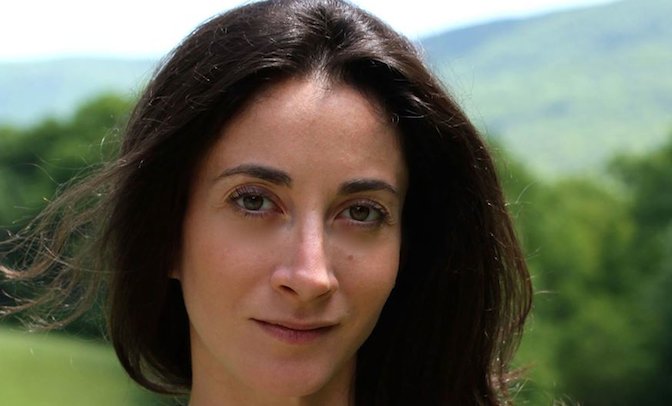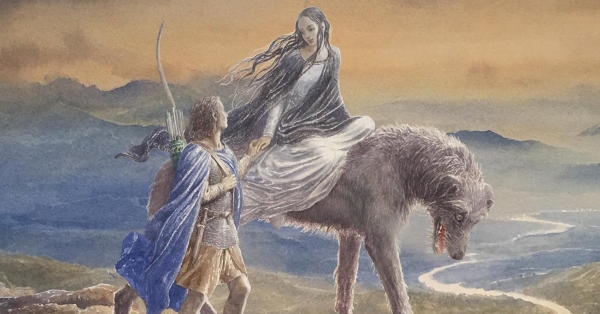The general consensus is “young adults” – broadly defined as being 14+ – spend their entire lives online, prodding at their tablets, phones and laptops. But the figures suggest otherwise. Actually, they’re burying their heads in books.
Lots of them. Six of the top ten print bestsellers in 2014 were Young Adult books, and the most popular title was overwhelmingly John Green’s The Fault In Our Stars. That Green’s tale of a 16 year-old cancer patient falling in love with an amputee should be so dominant was intriguing: while fantasies such as Twilight and The Hunger Games are widely credited with kickstarting the whole Young Adult genre, actually, readers were gravitating towards more recognisable, contemporary stories.
One author who should know where the current land lies is bestselling YA writer Lauren Oliver, who takes part in four sessions at the Emirates Airline Festival Of Literature next month. While her breakthrough Delirium trilogy was set in a dystopian world where love is the deadliest of diseases, Oliver’s more recent books, Vanishing Girls and Panic, deal with the lives and issues of young people in the early 21st century.
“The entire high school, teenage experience is dystopian, so you can see why young adults enjoy those stories,” she laughs. “One of the measures of growing into adulthood is that there is far more subtlety and complexity to the world than you thought. Choices are very rarely unequivocal, love is not enduring, necessarily. Teens don’t quite have a handle on that, but they do have a level of hopefulness and optimism about making the world into something different, and belief in right versus wrong. Which are the central characteristics of any dystopian young adult story.”
Oliver, then, is wary of saying dystopian fantasies are becoming less popular. As she points out, young adults aren’t just reading one kind of book at a time. What she does know is that writing for that audience, in whatever setting it might be, is tremendously fulfilling.
“Teens are basically looking for the same things as everyone else – they want to find love, a version of home, a sense of identity, a way to live a meaningful life. It’s just that they have far fewer tools which to make sense of all that, which is where the drama lies.”
And it’s drama that has transferred successfully to cinema in the case of Twilight, The Hunger Games and The Fault In Our Stars – but to the benefit of the books. In one of her sessions at the festival, Oliver will talk about the ‘journey from page to screen’ – Panic has been optioned by Universal, while the television adaptation of Delirium made it to the pilot stage, but no further.
“Delirium was weird – because of where I was in my career, I had very limited involvement. But Panic is fascinating, because I’m half-way through writing the screenplay. You’d think that I’d find that easy because I wrote the book, but it’s the opposite. To capture the breathlessness and desperation of Panic on the screen I’m actually having to change quite a lot. I feel like I’m going to adapt my own work and people will still be furious that it’s not true to the original!”
Still, if it’s anything like as successful as Hunger Games, Oliver is unlikely to feel uneasy for long.
Lauren Oliver is at the Emirates Airline Festival of Literature on Friday 6 and Saturday 7 March.http://www.emirateslitfest.com


